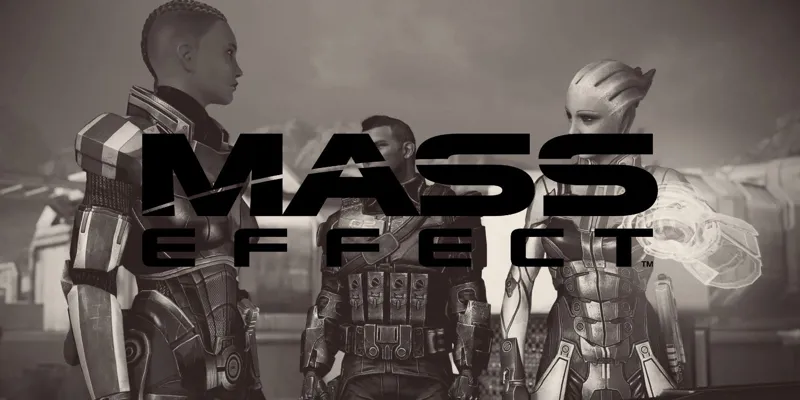The Mass Effect trilogy is often hailed as one of the greatest single-player role-playing experiences due to its rich lore, compelling characters, and emphasis on significant decision-making. While the extent to which the upcoming Mass Effect 4 will draw from the original games remains uncertain, delving into the intricacies of the trilogy is worthwhile, as it harbors numerous distinctive features that can catch even seasoned players off guard.
Although the three Mass Effect games may vary significantly, the player experience can be divided into two primary categories: mission-to-mission combat and exploration, and non-hostile narrative sections. Essentially, each mission in Mass Effect is interspersed with downtime in a neutral zone, typically the Normandy, where Shepard can bond with their squad mates and make preparations for the remainder of the game. This structure is central to the Mass Effect experience, and the alternation between fast-paced combat and world-building downtime significantly enhances the pacing. Gaining comprehensive knowledge of these design pillars is imperative for success in all three games.
Mass Effect: A Comprehensive Overview
The Significance of NPC Loyalty System in Mass Effect 2
Mass Effect is not the only relationship-centric RPG, but the series notably places a premium on the player's interactions with NPCs, as Shepard's relationships with other characters can profoundly influence the overall narrative of the series. A prominent illustration of the series' emphasis on interpersonal connections emerges in the final mission of Mass Effect 2, where every member of the Normandy crew, including Shepard, faces the risk of being killed. The survival of these characters in the final mission hinges greatly on whether Shepard has secured their loyalty earlier in the game.
What may not be immediately apparent is that character loyalty also impacts the events of Mass Effect 3. For instance, while Shepard's death in ME2 is not considered canon, this does not apply to other characters, implying that players may miss out on beloved Mass Effect companions like Tali and Garrus entirely in ME3 based on their decisions in the second game. Additionally, while not every disloyal character is guaranteed to die in the final mission of ME2, failing to secure their loyalty can lead to their demise in ME3. For example, Kasumi can perish in a side mission in ME3 if she does not become loyal to Shepard in ME2. Loyalty also significantly impacts Effective Military Strength.
The Crucial Role of Combining Class Powers in Mass Effect
It is common for Mass Effect players to have preferred squad mates they wish to retain in their party for most of their playthrough, but considering character abilities is essential for achieving optimal combat performance. The trilogy revolves around a blend of high-intensity third-person shooting and tactical decision-making, and ensuring that party composition is suitably diverse can substantially impact the ability to overcome different types of enemies.
For instance, characters with a focus on technology and possessing the Overload ability prove valuable when facing synthetic enemies or overcoming particular shields, while biotics or soldiers can more effectively dispatch enemies with resilient biotic barriers. By ensuring that Shepard's companions possess a diverse array of skills, players can avoid unnecessary challenges. This becomes especially critical when playing Mass Effect on higher difficulties, as enemies become more formidable, necessitating efficiency for survival.
The Significance of Effective Military Strength in Mass Effect 3
To attain what is often deemed the optimal ending of the Mass Effect trilogy (destroying the Reapers while preserving Shepard's life), players must strive for a high Effective Military Strength. There are various decisions the player can make to influence their EMS, some of which, like befriending Khalisa Al-Jilani and preserving the Rachni Queen in the first game, may not be immediately apparent. Bearing these less conspicuous decisions in mind and understanding that every choice, across all three games, can impact the ultimate ending, is crucial for those seeking the most favorable outcome, which may ultimately become canonized in Mass Effect 4.

